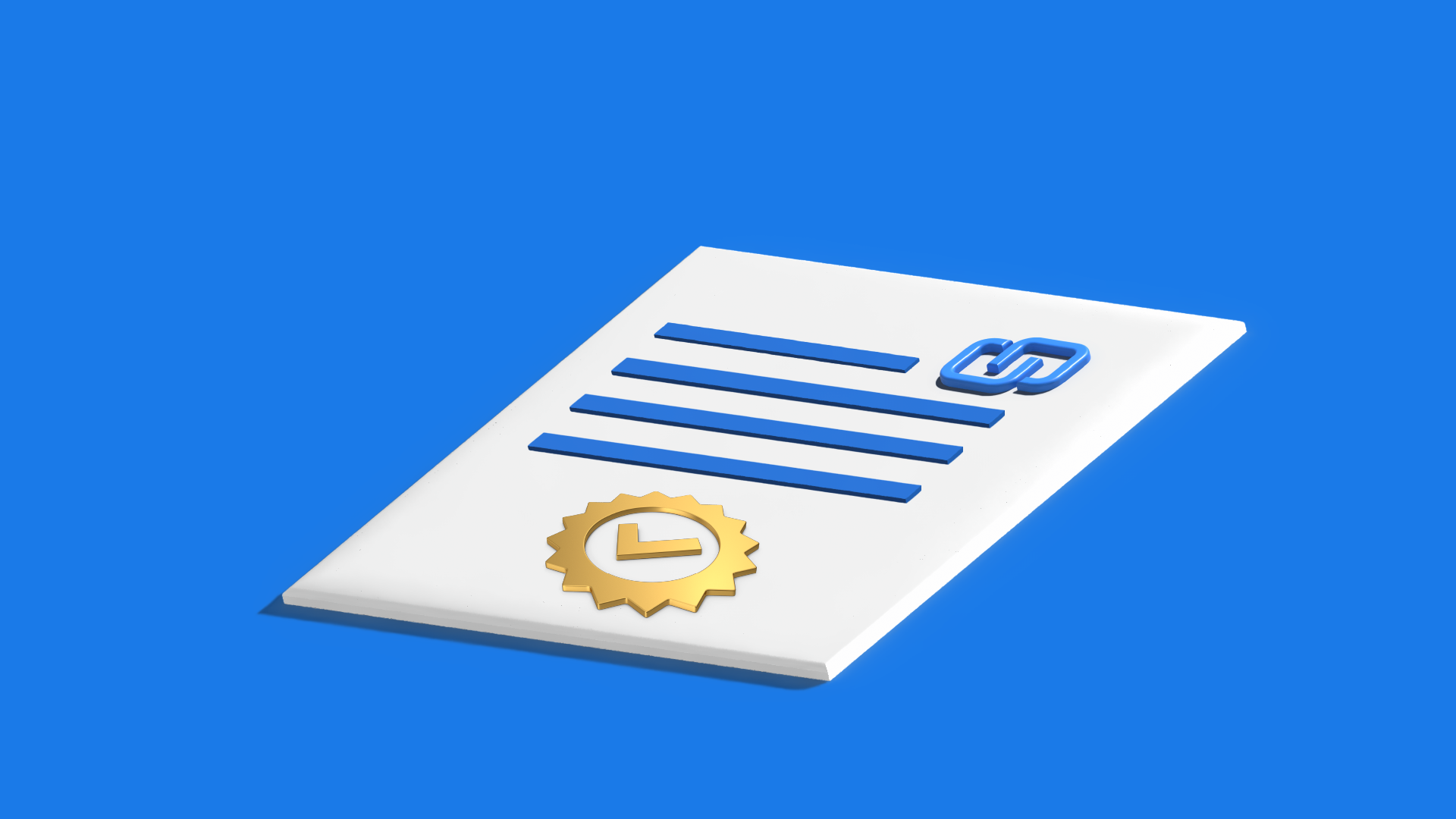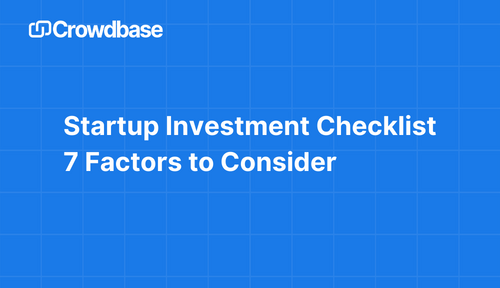Understanding Investor Returns

Panayiotis Kakourides
COO

You are considering investing your hard-earned money, and you came upon the opportunity of investing through crowdfunding. The returns you can expect can be quite confusing, especially if this is the first time you are considering this type of investment. Your returns will depend on many factors, including the development stage in which you invested in the company, its valuation at the time, the type of exit (if any) and more.
In this article, we explore how you can make money by investing in private businesses through crowdfunding. In short, you can make money in the following ways:
- The company goes public through an IPO
- The company is acquired by another company in an M&A transaction
- Selling your shares to interested buyers
- The company pays dividends
- The company buys back shares from its investors
Initial Public Offering (IPO)
You must have heard the word IPO many times in the past, or the term ‘going public’. But what does it really mean for the investor and the company? IPO stands for Initial Public Offering and is essentially the process in which a company becomes publicly traded by listing its shares on a regulated stock exchange.
There are many reasons why companies decide to go public, including to raise additional funds to finance new business opportunities, to increase liquidity for their shares, to create publicity/brand awareness and more.
For startups raising capital through crowdfunding, an IPO could be years down the line, if at all. The investor benefits from the increased liquidity of the company’s shares, as they can easily be sold through the stock exchange to other interested buyers.
Mergers & Acquisitions (M&A)
M&A is another term that gets thrown around a lot. It is the process in which a company merges with or acquires another company.
In a merger, the two companies combine under the same name in the form of a new legal entity. In an acquisition, a company purchases the whole of the other company outright.
How does an investor make money if there is M&A activity involving the company they invested in?
If the company an investor is invested in is bought outright by another company, then there are three potential ways the investor can get paid. A company can buy another company in cash, in stock, or a combination of both.
Whatever the acquiring company decides to use for the transaction, is what the investor in the acquired company will receive. In the case of a share-for-share merger, the investor will become a shareholder in the newly combined, larger entity.
Secondary Share Sale
You can make a profit by selling your shares at a higher price than you bought them.
You can sell your shares by expressing your interest in selling through Crowdbase’s Bulletin Board and finding interested buyers willing to pay your asking price.
How do you know at which price to sell your shares? Well, that depends on the company’s current valuation.
How do you know the company’s current valuation? Seeing as this is a private company and therefore more reserved about business information, the best you can do is take its last funding round and go from there.
Let’s say, for example, you invested two years ago in a startup called XYZ, at a price of €100 per share. 6 months ago, XYZ raised additional capital from Venture Capital (VC) investors, at a price of €200 per share. The VC investors must have done extensive due diligence and were happy to invest at that price.
If no major factors have changed since the last funding round, then you can be quite confident that your shares are worth at least €200 each, and should sell somewhere around that price.
Dividends
One of the most straightforward ways for companies to pay back their investors is through dividends. A dividend is the distribution of some of a company’s profits to its shareholders, either in the form of cash or additional stock.
Typically, dividend-paying companies are those that are public and well established, with quite steady cash flows that don’t have extreme growth potential.
Startups, on the other hand, very rarely issue dividends to their investors.
The reason is simple: the startup needs money to grow, and therefore it makes sense for it to reinvest any excess profits back into the company instead of distributing them back to its investors.
This is far from a bad thing, in fact, it’s what an investor should expect the startup to do. By reinvesting the profits, the startup increases the likelihood of a successful exit down the line, which is what the investor really cares about.
If an investor only cares about dividends, they shouldn’t be investing in a startup.
Share Buyback
A share buyback is another way for a company to pay back its investors. It is a transaction whereby a company buys back its own shares from its investors, thereby decreasing the total number of shares outstanding.
How does it work? If the company is publicly traded, then it can buy directly from the market. Alternatively, it can offer the option to its shareholders to sell their shares back to the company for a fixed price.
How does the investor make money? The price at which the company will offer to buy back shares from its investors will most likely be higher than the prevailing market price, otherwise, its investors will have no incentive to accept this offer. Investors that choose not to sell their shares back to the company will benefit from the shares’ price appreciation.
Why? All else equal, the company remains the same, but its number of shares decreases, therefore, each share is now worth more.
As with dividends, share buybacks are quite rare for startups, as most of the time, profits are best reinvested into the startup rather than distributed to its investors.
The Long Game
The investment horizon with investing in private businesses early is quite long. Equity investments in these early-stage companies can take years to materialise, if at all. You are essentially backing the company to deliver on its promises and achieve its projections, which would take it closer to an exit, the private investor’s dream.
Equity crowdfunding investments are not a way for you to make a quick return. On the contrary, by making this investment, you are playing the long game based on your ability to spot the winners early and hopefully achieve outsized returns at some point in the future.
Given that a high percentage of startups fail after a few years, it is vital for you to invest no more than you can afford to lose and diversify your investments over many startups. The idea behind this is that you will be invested in the few ‘winners’, which would make up for and even exceed the losses from the ‘losers’.
Risks
Investing in startups involves a high degree of risk.
Most startups fail, and as such, there is a high probability of not realizing any return on your investment. Fraud is also a potential risk, as the characteristics that make equity crowdfunding appealing for businesses—such as wide reach, scalability, and convenience—can also be exploited by scammers to deceive retail investors.
The security of online platforms is another concern, as cyber threats aim to steal valuable data. While no system can be entirely risk-free, Crowdbase takes steps to help mitigate these risks.
We carefully review each campaign before it is allowed to run on our platform, striving to present investment opportunities that meet our standards. Our processes aim to verify the information provided by companies, either directly or through third parties, to reduce the risk of fraud.
Additionally, our platform employs up-to-date security measures and undergoes regular assessments to help protect against information leakage. Despite these efforts, it's important to understand that risks cannot be entirely eliminated. We encourage all investors to conduct their own research and consider seeking advice from independent financial advisors before making investment decisions.
Conclusion
As with every other investment, there is always a risk that you may lose all or a portion of the money you invested. As such, make sure never to invest more money than you can afford to lose.
Although there have been many equity crowdfunding success stories in the past, it does not necessarily mean that your investment is also going to bear fruit.
Make sure to diversify your portfolio over many companies across a range of industries, to minimise the probability of losing money and maximise the probability of investing in a big winner.
More from Crowdbase
Discover more from our blog, guides and moreDon't miss the next opportunity
Sign up for our newsletter to be the first to know about new campaigns, updates and more!





